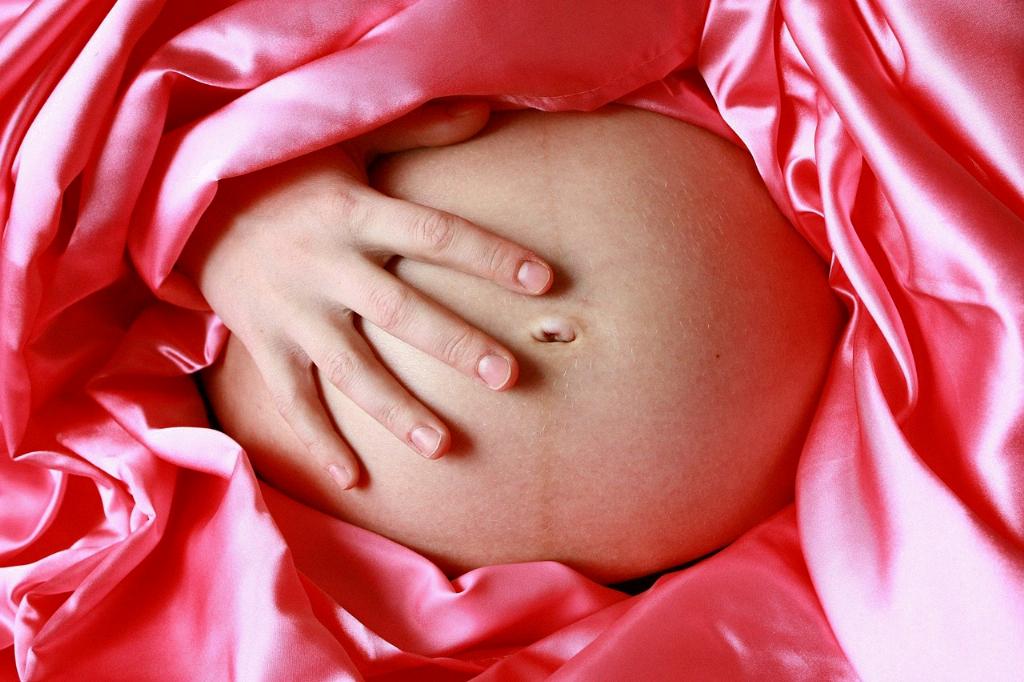During pregnancy, a woman may experience a range of physical and emotional changes that vary from person to person. It’s essential to note that every pregnancy is different, and each woman’s experience will be unique to her body and circumstances.
One common symptom that many women experience in early pregnancy is aches and pains. These can manifest in the lower abdomen as the body adjusts to the growing fetus. Additionally, joint pain may occur as the ligaments loosen to prepare for childbirth.
Morning sickness is another prevalent symptom of pregnancy. Contrary to its name, it can occur at any time of the day and may range from mild nausea to frequent vomiting. The causes of morning sickness are not entirely understood but are believed to be related to hormonal changes.
Constipation is also a common issue during pregnancy. As the body produces higher levels of the hormone progesterone, muscle contractions in the intestines may slow down, leading to constipation. Adequate fluid intake and dietary fiber can help alleviate this symptom.
Many women report feeling fatigued during pregnancy, especially in the first and third trimesters. The body is working hard to nurture the developing baby, leading to increased energy expenditure. Rest and proper nutrition are essential to combat fatigue.
Emotionally, pregnancy can bring about a mix of feelings. Some women may experience mood swings due to fluctuating hormone levels, while others may feel a sense of joy and anticipation. It’s common to feel a range of emotions, from excitement to anxiety, as the due date approaches.
One of the most significant changes a woman may notice during pregnancy is in her breasts. As the body prepares for lactation, the breasts may become tender, swollen, or more prominent. These changes are entirely normal and typically resolve after childbirth.
Another physical change that many pregnant women experience is increased urination. The growing uterus places pressure on the bladder, leading to more frequent trips to the bathroom. This is a common symptom throughout pregnancy, particularly in the first and third trimesters.
Heartburn and indigestion are also prevalent in pregnancy, especially as the uterus expands and pushes against the stomach. Hormonal changes can relax the muscles of the digestive tract, leading to discomfort after eating. Small, frequent meals and avoiding trigger foods can help alleviate these symptoms.
Skin changes are another common occurrence during pregnancy. Many women develop stretch marks as the skin stretches to accommodate the growing baby. Hormonal fluctuations can also lead to acne or skin pigmentation changes. Moisturizing the skin can help minimize stretch marks and dryness.
Some pregnant women may experience swelling in the hands, feet, and face, especially in the later stages of pregnancy. This swelling, known as edema, is due to increased fluid retention and reduced circulation. Elevating the legs and staying hydrated can help reduce swelling.
In conclusion, pregnancy is a transformative and unique experience for each woman. The physical and emotional changes that accompany pregnancy can vary widely, but knowing what to expect and seeking support from healthcare providers can help navigate this incredible journey.

